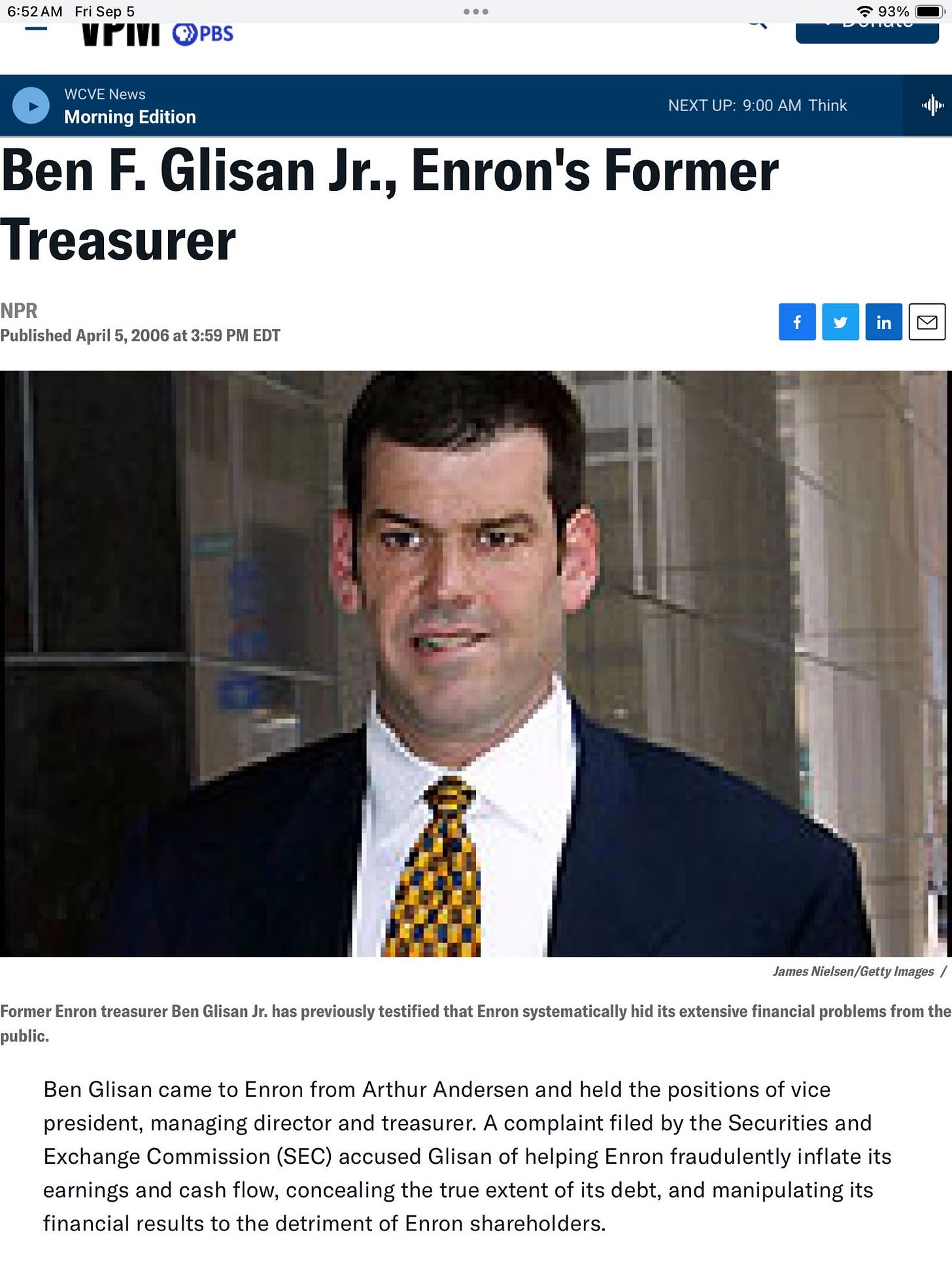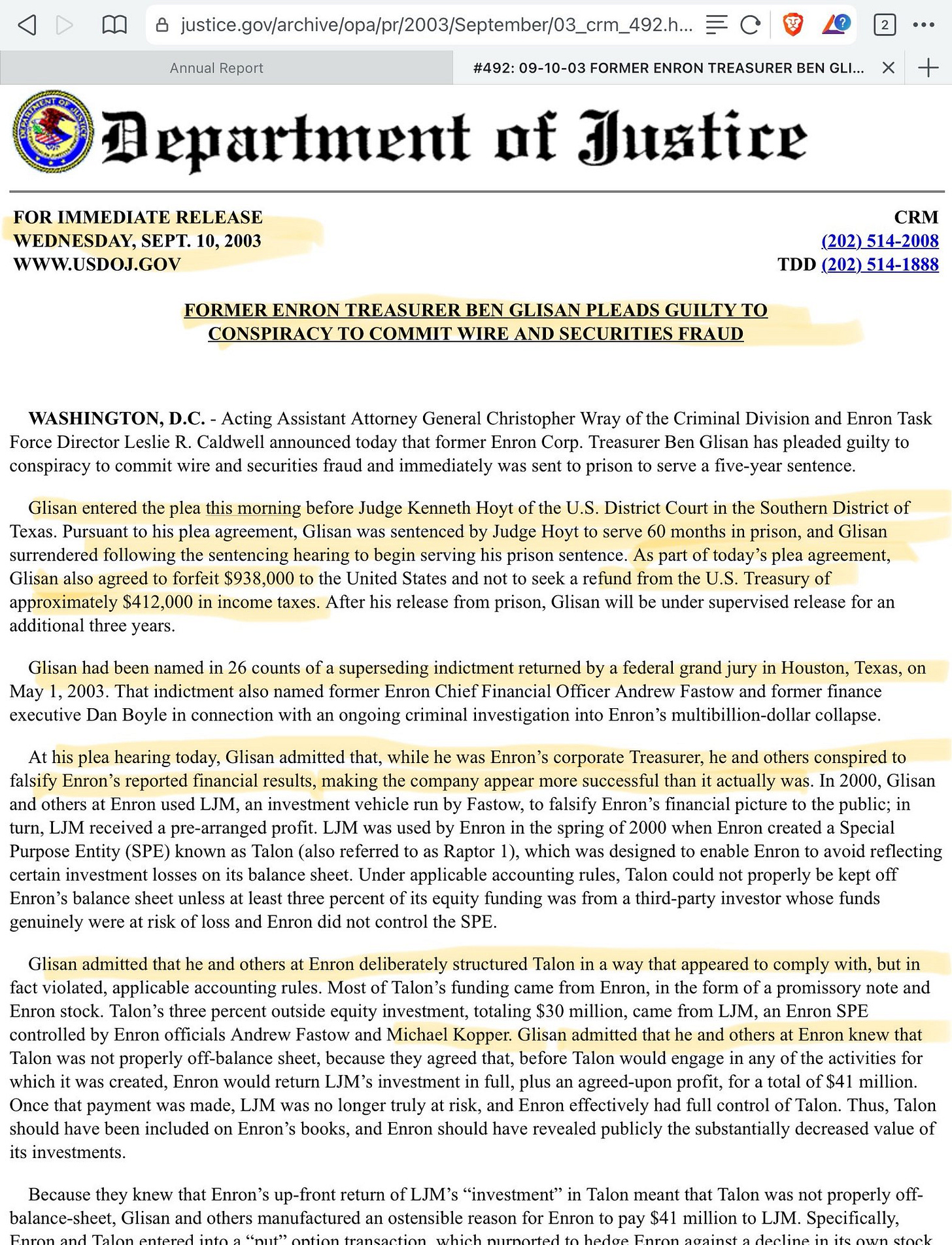Legacy Community Health: Taxpayer Dollars Propping Up Enron’s Convicted Fraudsters—Is Houston’s “Rehabilitation” Just a Cover for Failing Up?
In the heart of Houston, Legacy Community Health—a nonprofit ostensibly dedicated to serving underserved communities with primary care, HIV testing, and behavioral health services—has become a glaring example of how public funds can end up lining the pockets of individuals with checkered pasts. This 501(c)(3) organization, which raked in over $340 million in gross receipts in 2022, boasts a leadership team featuring two former Enron executives convicted in one of the most infamous corporate scandals in American history. Yet, despite their roles in defrauding investors and concealing billions in debt, these men are now drawing six-figure salaries—partly subsidized by millions in taxpayer dollars from Harris County. It’s a setup that begs the question: In Houston, is there a conspiracy to allow criminals to “fail up,” rewarding white-collar felons with cushy nonprofit gigs while ordinary residents foot the bill?
Let’s begin with the players. Ben F. Glisan Jr., Legacy’s current CEO (and former CFO through at least March 2024), was Enron’s treasurer during its spectacular collapse. He pleaded guilty in 2003 to conspiracy to commit wire and securities fraud, admitting to masterminding sham transactions through special purpose entities like Talon and the Raptor vehicles. These schemes hid Enron’s massive debts, inflated earnings by up to $1 billion, and personally netted Glisan over $1 million from a mere $5,800 investment in the Southampton partnership—all of which he later forfeited along with other assets. Sentenced to five years in prison, he served time before testifying against accomplices like Andrew Fastow and Jeffrey Skilling. Today, at Legacy, he’s pulling in a hefty paycheck: $548,165 in reportable compensation plus $26,233 in other benefits for fiscal year 2024, totaling $574,398. Not bad for someone whose financial wizardry once tanked a corporate giant and wiped out shareholders’ savings.




